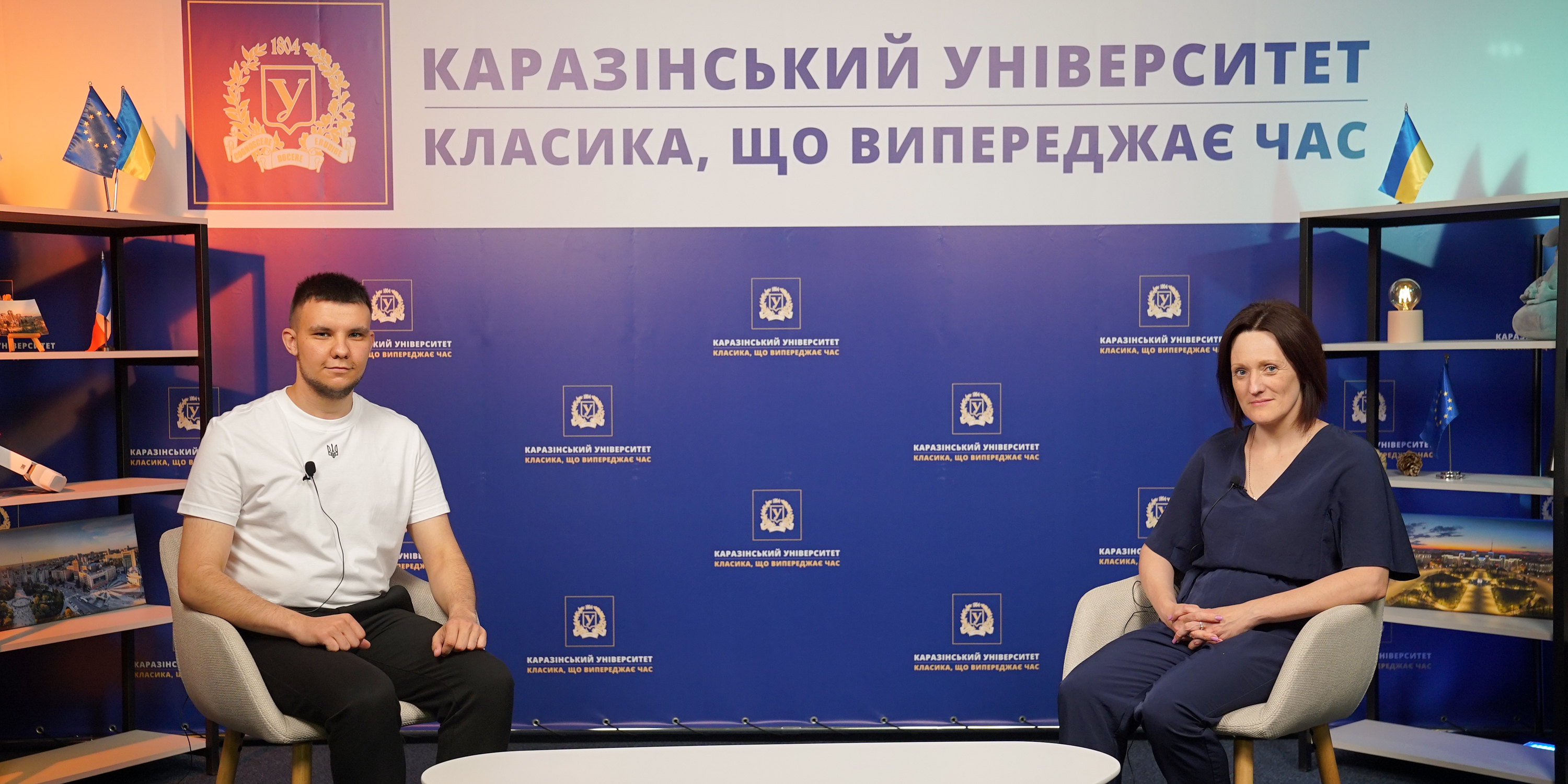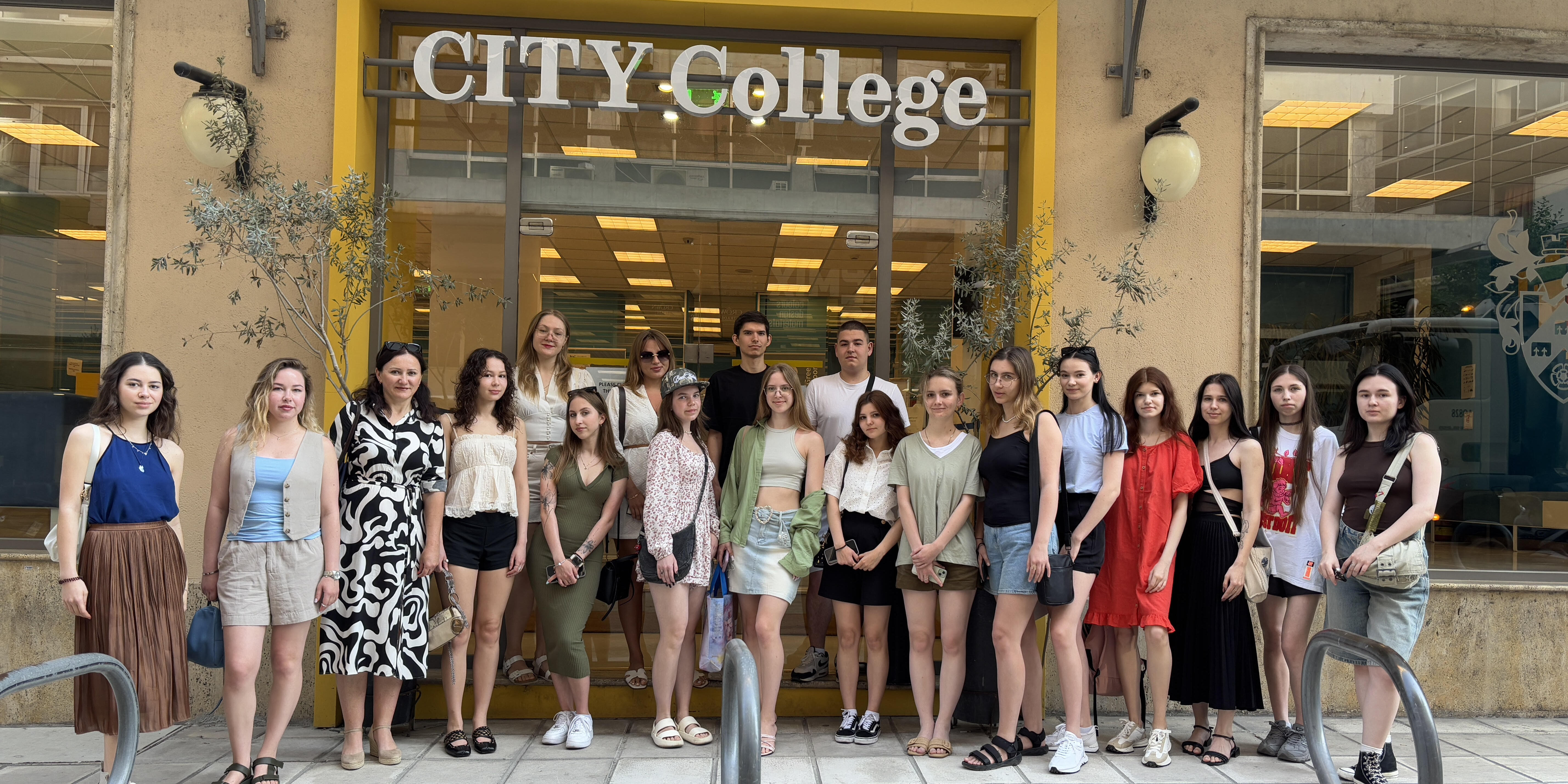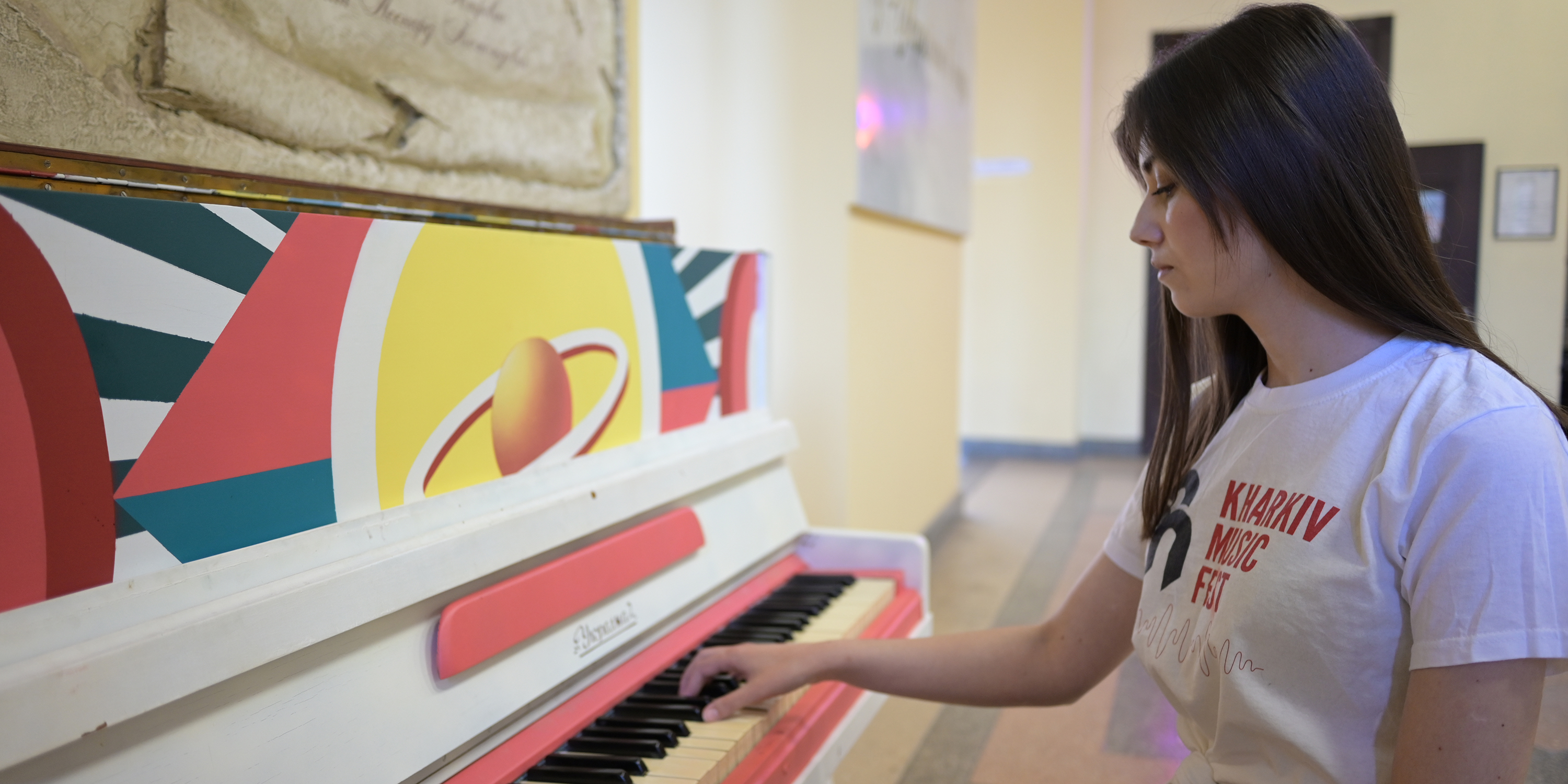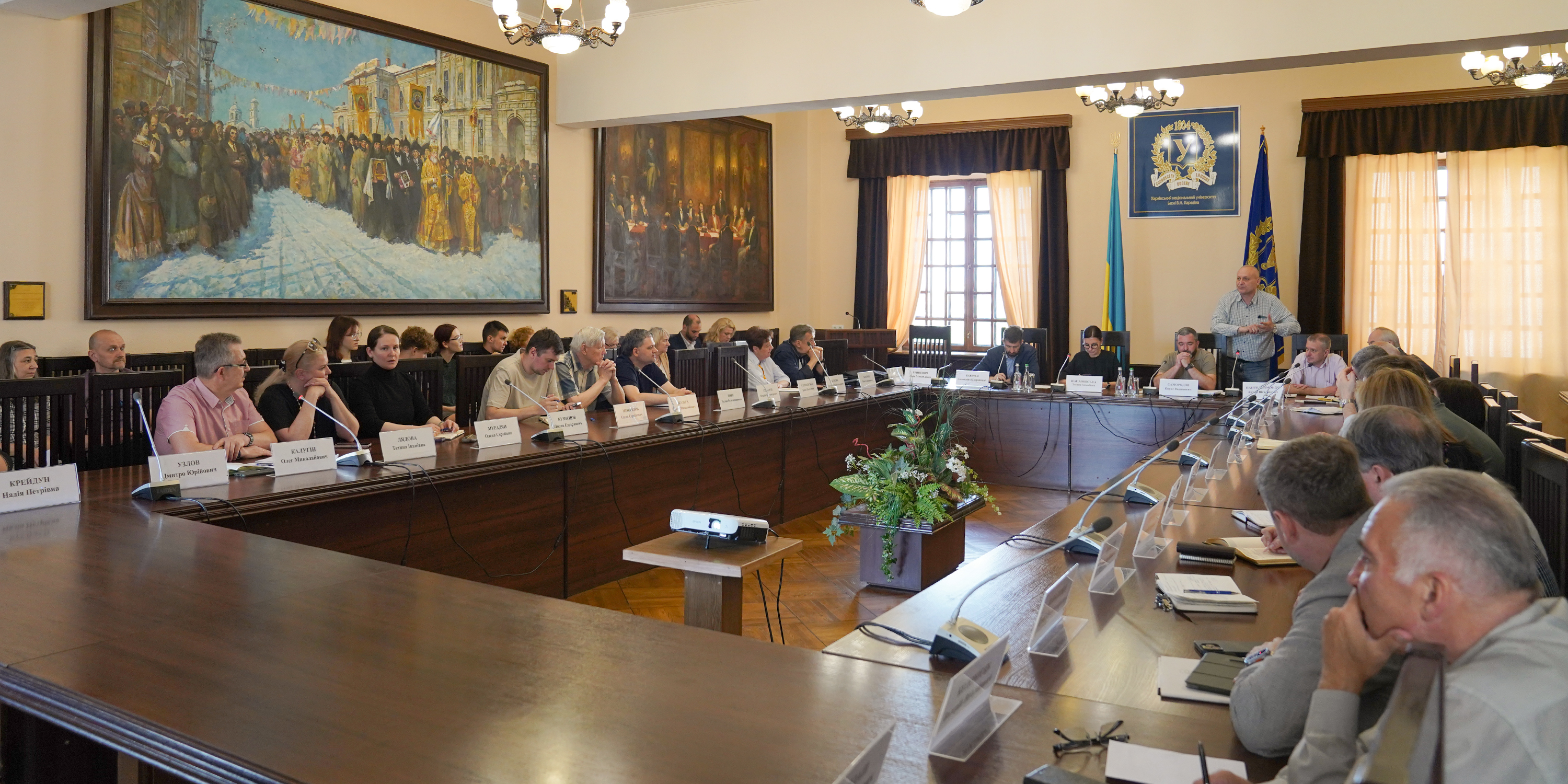Implementation of the "Biodiversity Genomics Europe" project within the "Horizon Europe" program has begun
%20(1).png)
On September 28, 2022, the large-scale project "Biodiversity Genomics Europe/BGE" was officially launched within the framework of the European Union's largest research and innovation program "Horizon Europe", to which Karazin University joined.
The "BGE" project is devoted to the involvement of genomic data and methods for the description, monitoring and conservation of biodiversity on the continent. The main goal is to overcome the biodiversity crisis with the help of DNA data.
.jpg)
The comprehensive application of genomic science to biodiversity research will fundamentally change conservation science and policy. It is predicted that the consequences will be similar to those of the Human Genome Project in medicine. The new pan-European consortium "Biodiversity Genomics Europe", launched on September 28, is the leader of this direction.
.jpg)
By bringing together leading European specialists in two fundamental DNA-based technologies, DNA barcoding and genome sequencing, BGE will optimize the deployment of these techniques across Europe. DNA barcoding uses short sequences of DNA to distinguish between species, similar to how conventional barcodes distinguish products in a supermarket. Thanks to modern genetic sequencing techniques, DNA barcoding has the potential to greatly accelerate the description of life on Earth, providing the basis for global biodiversity monitoring.
.jpg)
The consortium included 33 research organizations and universities from 20 countries in Europe and North America, including: the Royal Botanic Garden in Edinburgh, the Zoological Museum and the Alexander Koenig Institute, the Sanger Institute, the European Laboratory of Molecular Biology, the Universities of Uppsala, Lausanne, Tartu, Oslo, museums of London and Budapest, International Life Barcoding Consortium, etc. The coordinator of the project is the Netherlands Biodiversity Center "Naturalis".
Organizations from the DNA barcoding consortium "BIOSCAN Europe" (104 partner institutions from 29 countries) and the genome sequencing consortium "ERGA" (709 members from 37 countries) also participate in the project.
.jpg)
Ukraine is represented in the project by Karazin University, the only Ukrainian university that participated in the implementation of the project. The role of the Karazin University team is to build a national node of biodiversity barcoding and genomics, describe biodiversity using genomic data, train specialists and disseminate research results along with popularizing knowledge and involving citizen science.
The BGE consortium, funded by Horizon Europe, is a major investment in European genomic science. The duration of the project is 42 months, implementation will last until 2026.



.jpg)


.png)


.jpg)

.jpg)
.jpg)